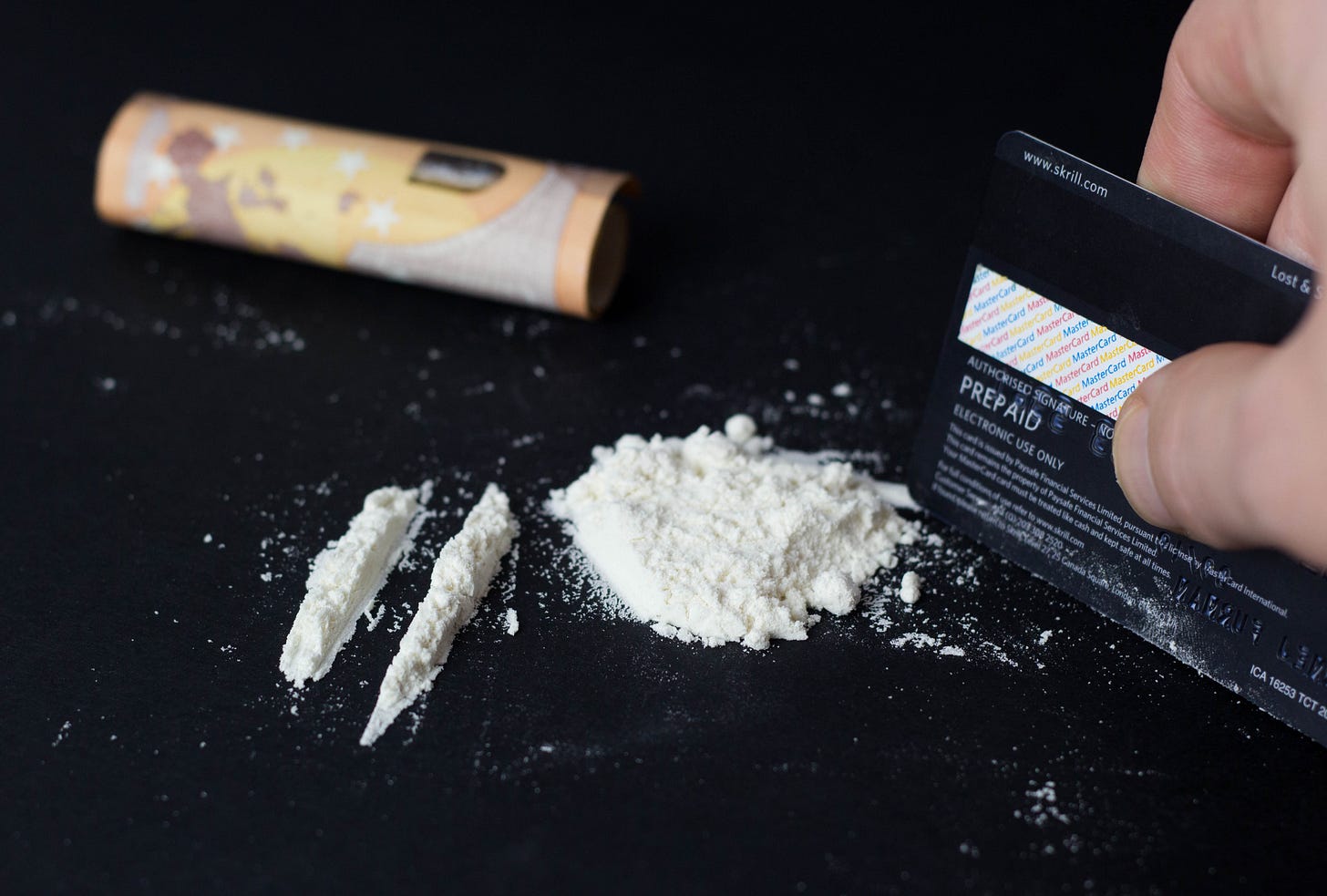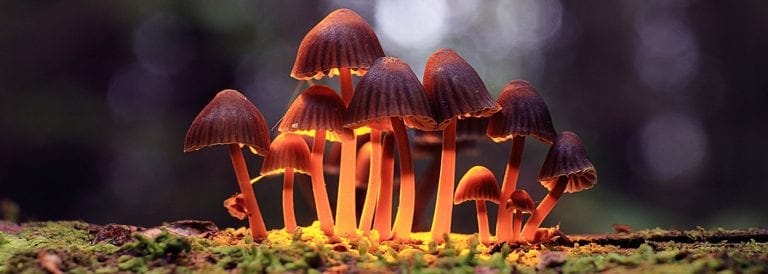Covid caused unprecedented stress for people around the US, and with that stress came increased substance use.
I wanted to know more, so I talked to dealers, users, advocates, and experts about how lockdown and a global pandemic affected the illegal drug industry.
Here's what they told me.

This is the second of three articles.
Unless a full name is given, a pseudonym is being used.
"Extreme boredom”
Covid-19 led many Americans to increase their drug use. A survey by the CDC last June found that 13.3% of respondents started or increased substance use as a way of handling the stress of the pandemic.
As lockdown descended on Atlanta last year, Aaron, a recreational drug user in the city, was laid off from his position in a city restaurant. Left without a job in the midst of a global pandemic, he began using cannabis, alcohol, and cocaine more regularly.
"Before the pandemic I was smoking weed every day but drinking and cocaine use was something that I wasn't doing every day," Aaron said. "I was doing it a couple of times a week—I had to work, so I had to be up really early."
But once the pandemic hit, Aaron began using cocaine every day, which came with increased alcohol use. Aaron told me that "extreme boredom" and mental illness were major factors in his drug use.
Atlanta's bar scene was only closed down for a little while, Aaron said, giving rise to drinking and drug use by a bored population. A typical day involved getting up, using cocaine, and going to the bar around noon, he said.
"Now it's like every other day"
Regular delivery options and curbside pickup became limited. Aaron told me that he saw his friends in the business increase trade. It was most apparent when he'd need delivery, and would face a longer wait than usual.
"It used to be that I would hit him up, I'd be at the bar and I would be like, hey, I want something, and it would take him maybe like 15, 20 minutes to come drop it off," Aaron said. "Then all of a sudden I'm waiting an hour or even longer."
Aaron noticed that as sales increased, the supply chain seemed to stutter.
"I do remember initially it was hard for my two separate dealers to get cocaine, it was difficult," Aaron said.
Today, Aaron has cut back on his cocaine use from daily to a few times a week. He told me he is planning on cutting back further to concentrate on writing.
"Now it's like every other day," Aaron said. "But I say every other day, like it might be, you know, if I do coke on Monday, I might have some for Tuesday. I'll slow down on Wednesday and then Thursday or Friday towards the weekend, I'll grab more."
"I would just mark it up a little bit"
A dealer I talked to in the Northeast, Scott, confirmed that coke got more popular during lockdown.
I told him I found that surprising because it's such a social drug. But for his customers, Scott said, that wasn't a concern; they were still partying with other people in groups of 15 to 20.
Harder drugs were on the menu, as long as they didn't have competing responsibilities.
"All my homies that didn't have any kids and stuff, they can deal with a two day hangover," he said.
Scott would run cocaine to friends—though he didn't make it his primary product even during the height of the pandemic. Getting coke to customers was more of a situational thing: Scott lives in a more densely populated area than his customers and has more access to different products, so he's often asked to make runs.
His hook up gave him instructions, though—price hikes were okay, but not dilution.
"I was never allowed to cut it," Scott said. "I would just mark it up a little bit."
"I needed to find a way to cope"
There's been a noticeable uptick in people selling psychedelics like mushrooms, Pittsburgh social worker Maria Guido told me. The pandemic led to a surge in demand for psychedelics.
"I think that there were people during Covid that did do drugs and things like that because they got bored and there was nothing to do," she said.
Boredom combined with hopelessness, Guido said, leaving a lot of people in need of something to do to break the monotony and have some fun. Hallucinogens provided that release.
Sophie, who lives in the Midwest, told me she found herself taking more hallucinogens and using more cannabis during the pandemic for two main reasons: boredom and availability.
"I think my pot use was out of boredom, but my hallucinogen use was definitely that I needed to find a way to cope," she told me.
While she was homebound, Sophie said she heard about friends and acquaintances attending and hosting illegal club nights and house parties. She also heard that ketamine—a hallucinogenic club drug—has been making a big comeback.
"A lack of resources"
For Guido, who stressed that she is not in favor of anti-drug laws, watching the increase in usage was hard, especially when it came to opioids. Guido saw it in the families she worked with—people were released from pretrial detention without a safety net and unable to provide for their loved ones. That led to using hard drugs.
"A lack of resources really played a role in everything," Guido said. "But you see an increase in drug use when they just release like all of these people—which I'm in completely complete agreement with, they shouldn’t have been there in the first place—but you also have to think like you've kept these people locked up for seven months, giving them no treatment whatsoever for their addiction. What's going to happen as soon as they get out?"
Without a lot of structure and without institutional support, many children in Pittsburgh's poorer neighborhoods turned increasingly to the drug trade for money. As a therapist, Guido's not going to tell the kids' probation officers they're dealing, she told me. But she noticed the shift.
With the increase in the drug trade has come violence, Guido said. In Pittsburgh, turf wars have led to more shootings.
The pandemic has also frayed at the existing support systems in place for children in the system. Families are stressed from the pressure cooker of the pandemic, and schools are socially promoting classes of children who have missed over a year of education. That drug use and distribution are entering the picture is unsurprising, Guido told me.
"They're kids and they already have a significant amount of trauma that they're trying to deal with," Guido said. "This just added a whole new level."
Next: Recovery
If you liked this story, please consider a subscription.




